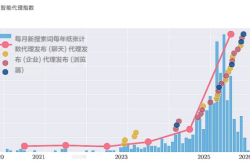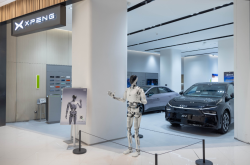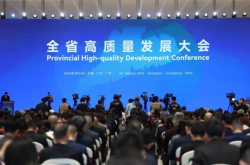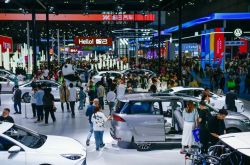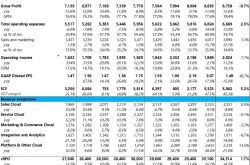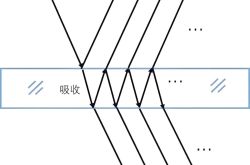SAIC Volkswagen Nanjing Plant Shuts Down Amidst Decline of Fuel Vehicle Factories
![]() 07/03 2025
07/03 2025
![]() 842
842
'German Craftsmanship, Made in China,' a slogan once proudly displayed on the wall, now seems a cruel irony to the once-certain assurances cherished by employees.
Over 3,000 jobs, an annual production capacity of 360,000 vehicles, and a sprawling 170,000-square-meter factory area—once the hub for the iconic Passat model—now stand silent, as the departing figures of over 2,000 employees fade into the distance...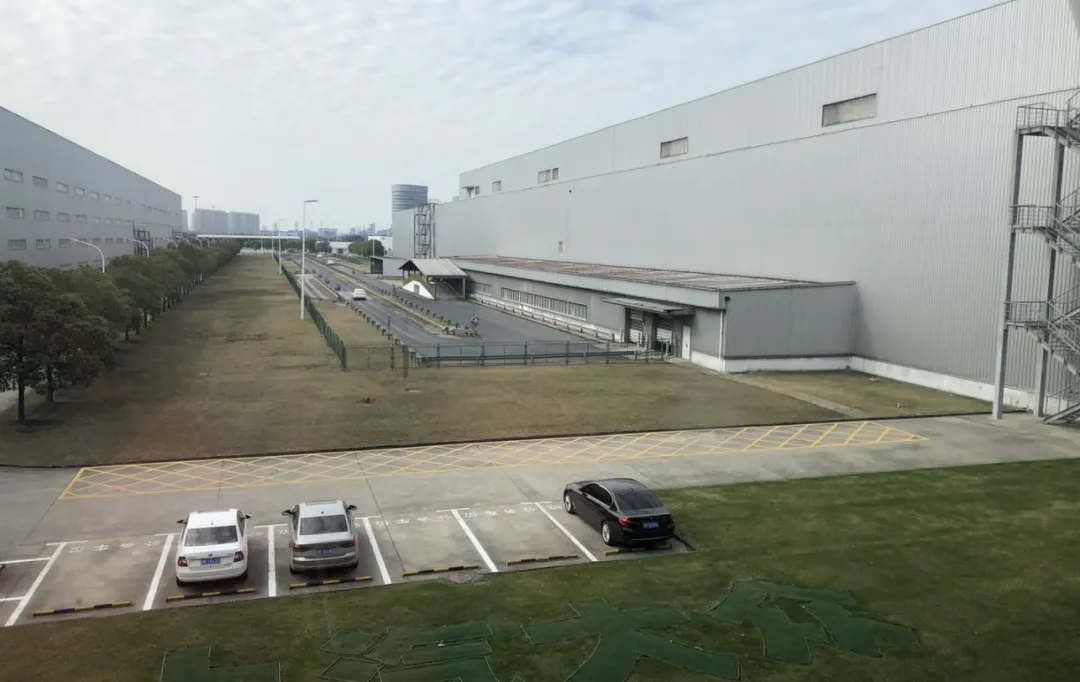
On July 1, after a protracted battle spanning nearly a year, SAIC Volkswagen's Nanjing Plant officially closed its doors.
Wang Cheng, a workshop employee, revealed that prior to the closure, some staff received confidential questionnaires from the company inquiring about their willingness to accept overseas job transfers with salary unchanged. For employees over 50, SAIC Volkswagen offered an early retirement package with a monthly pension equivalent to 85% of their basic salary. However, employees aged 40-50 found themselves in a precarious position: 'They can neither retire early nor easily secure suitable employment post-redundancy.'
Despite this, those who chose to terminate their contracts received 'n+1' months of salary compensation, while those desiring to continue working were offered transfers to the more modern and standardized Yangzhou Yizheng Plant (producing the Lavida model). The Nanjing Plant followed the Anting Plant in shutting down.
Rumors of the Nanjing Plant's closure had begun circulating as early as September 2024.
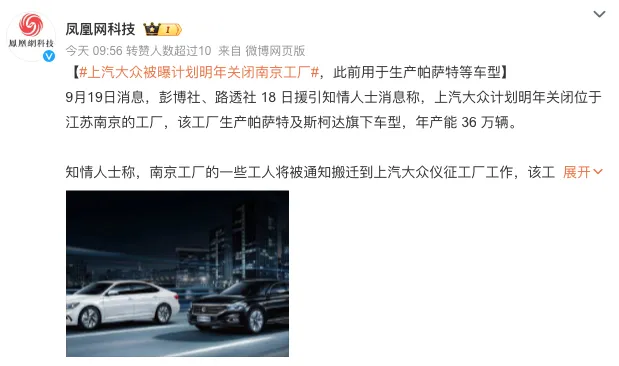
However, in September 2024, SAIC Volkswagen publicly denied these rumors, stating that the Nanjing Plant was operating normally and that future capacity adjustments would be based on product planning.
Ultimately, operations ceased when the land contract expired.
The Nanjing Plant originally belonged to Nanjing Automobile, which was acquired by SAIC in 2007. Subsequently, the plant was transferred to SAIC Volkswagen and officially listed in 2008. It grew to become SAIC Volkswagen's fourth-largest vehicle production base and Volkswagen's 49th globally, with an annual production capacity of 360,000 vehicles, encompassing models like the Volkswagen Passat, Skoda Superb, and Skoda Kamiq.
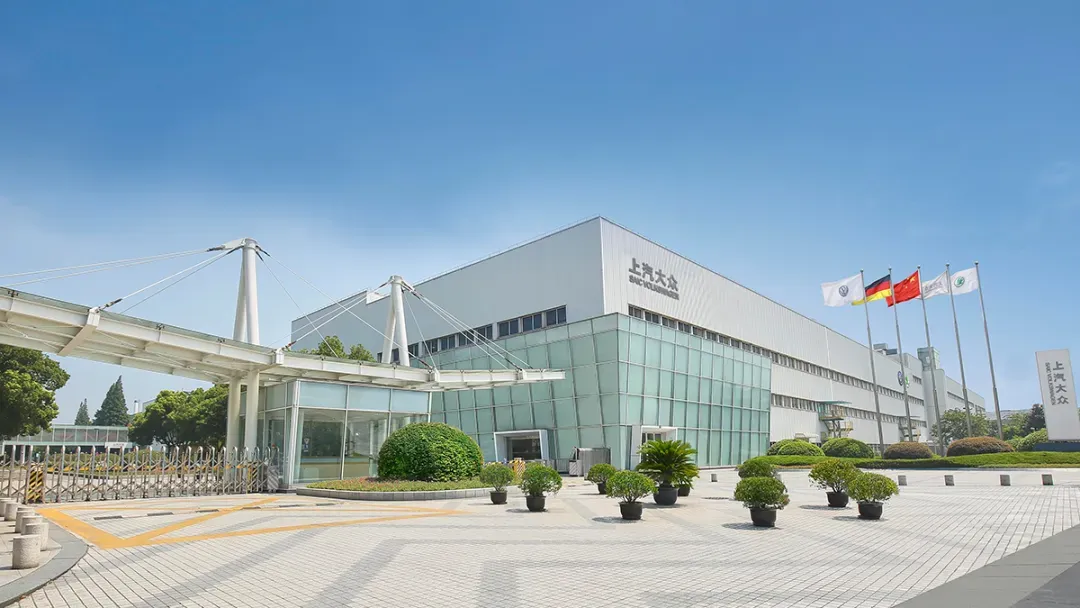
During the market peak from 2015 to 2018, SAIC Volkswagen led national passenger car sales for four consecutive years, thanks to B-segment models like the Passat. During this period, the Nanjing Plant also expanded its capacity, solidifying its position as the fourth-largest production pillar within the SAIC Volkswagen system.
However, post-2019, with shifts in market competition, sales of independent brands like BYD, Geely, Changan, and Chery surged, while SAIC Volkswagen's overall sales declined. Public data indicates that annual sales in 2024 totaled 1.1489 million, a direct halving from the peak of 2 million, resulting in a factory capacity utilization rate of less than 60%.
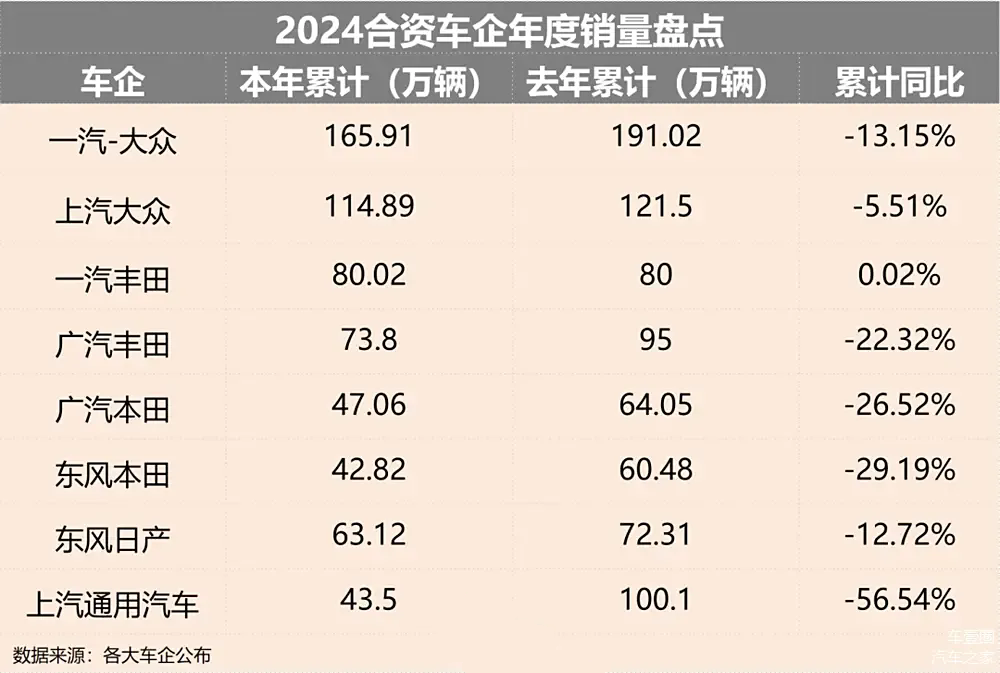
Therefore, phasing out outdated facilities like the Anting and Nanjing Plants aligns with the broader industry trend.
Besides SAIC Volkswagen, joint venture brands such as Dongfeng Peugeot Citroen Automobile, Beijing Hyundai, and Changan Ford have also reduced capacity in recent years, opting to close some older factories.
Perhaps the closure of the Nanjing Plant marks just one chapter in the retreat of joint venture hegemony. We invite your thoughts—do you agree with this perspective? Feel free to share your comments...

